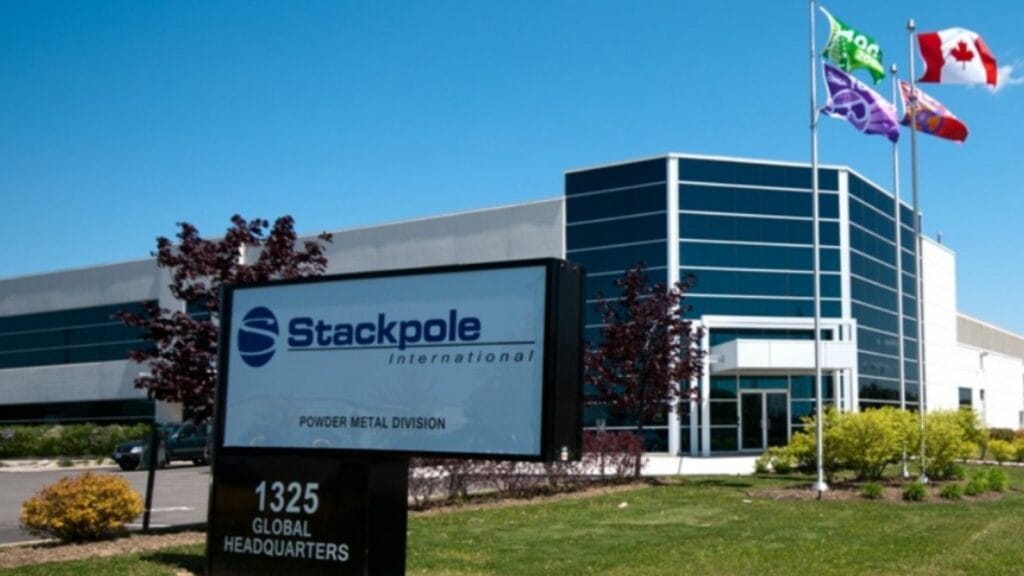The Canadian automotive parts manufacturing industry is facing a challenging time, primarily due to the increased tariffs between Canada and the United States. Leaders in the business who supply U.S. car manufacturers with key components are currently facing issues of highly financially comfortable production and uninterrupted logistics. Here are 20 Canadian auto parts manufacturers in peril due to escalating tariff battles:
Magna International Inc.
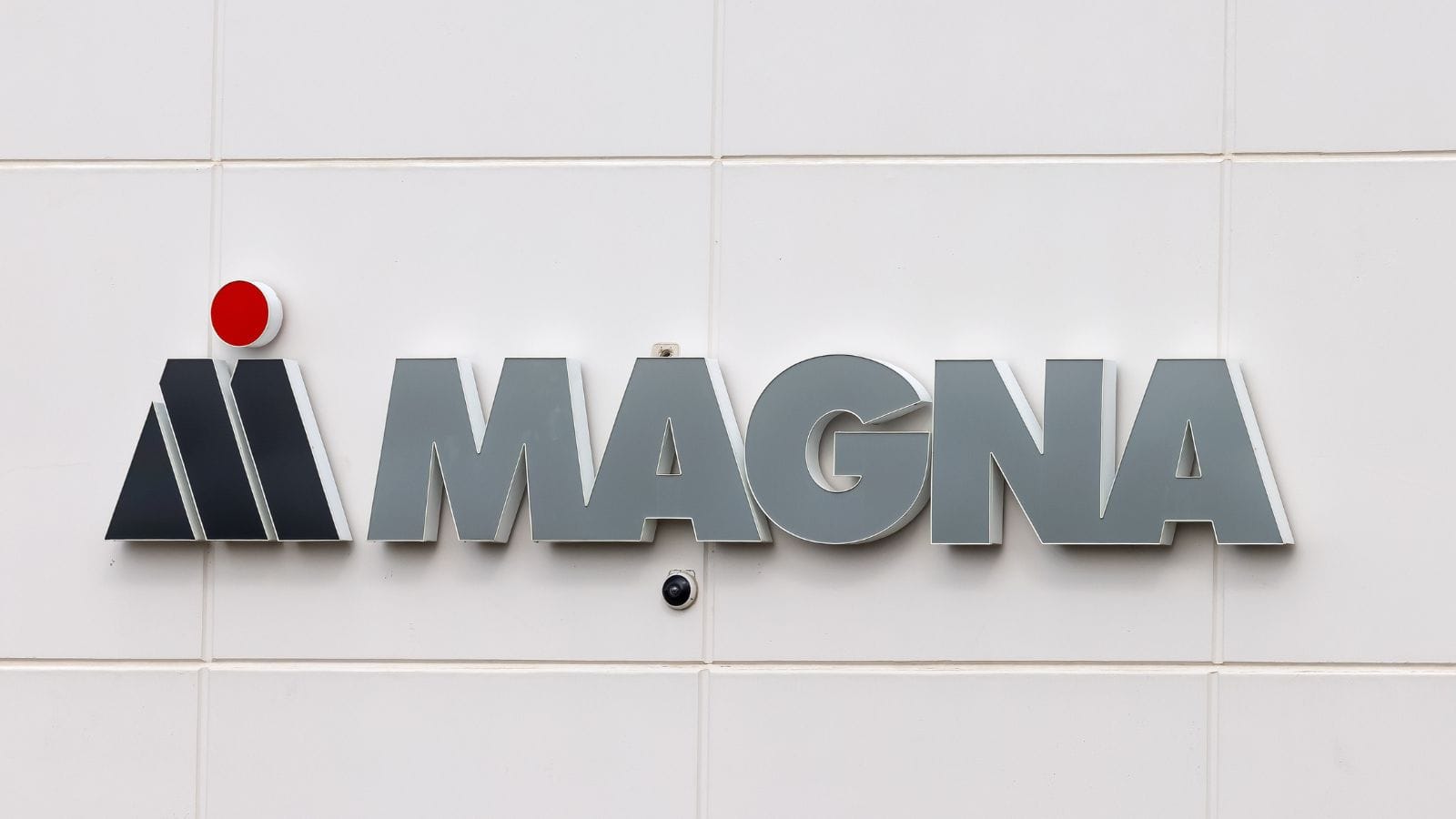
Magna International Inc. is the largest Canadian car components manufacturer, and it is currently facing a serious crisis as a result of the recent introduction of 25% tariffs on imported vehicles by U.S. authorities. These taxes may hurt buyers’ decisions and the consumer market in general, potentially disrupting Magna’s extensive operations, which comprise 59 plants in the U.S., 50 in Canada, and 33 in Mexico. Following the tariffs, Magna has been making changes to its operations, one of which is the electric vehicle structures factory in Michigan, to preserve production flexibility. However, the suppliers who provide small parts for Magna are feeling the pinch; they are the ones most affected, because increased costs and decreased revenues are making it likely that they will go out of business.
Linamar Corporation

Linamar Corporation is Canada’s second-largest auto parts manufacturer and confronting financial strain due to the 25% tariffs imposed by the U.S. The company’s CEO, Linda Hasenfratz, has expressed concerns that the tariffs could cost automakers billions and potentially lead to the shutdown of the industry. Linamar has a global footprint with 65 manufacturing locations, 14 R&D centers, and 28 sales offices in 17 countries. The tariffs have led to increased costs and decreased revenues, putting pressure on the company’s viability. Linamar is working closely with customers to manage the situation, but the financial impact is significant.
Martinrea International Inc.
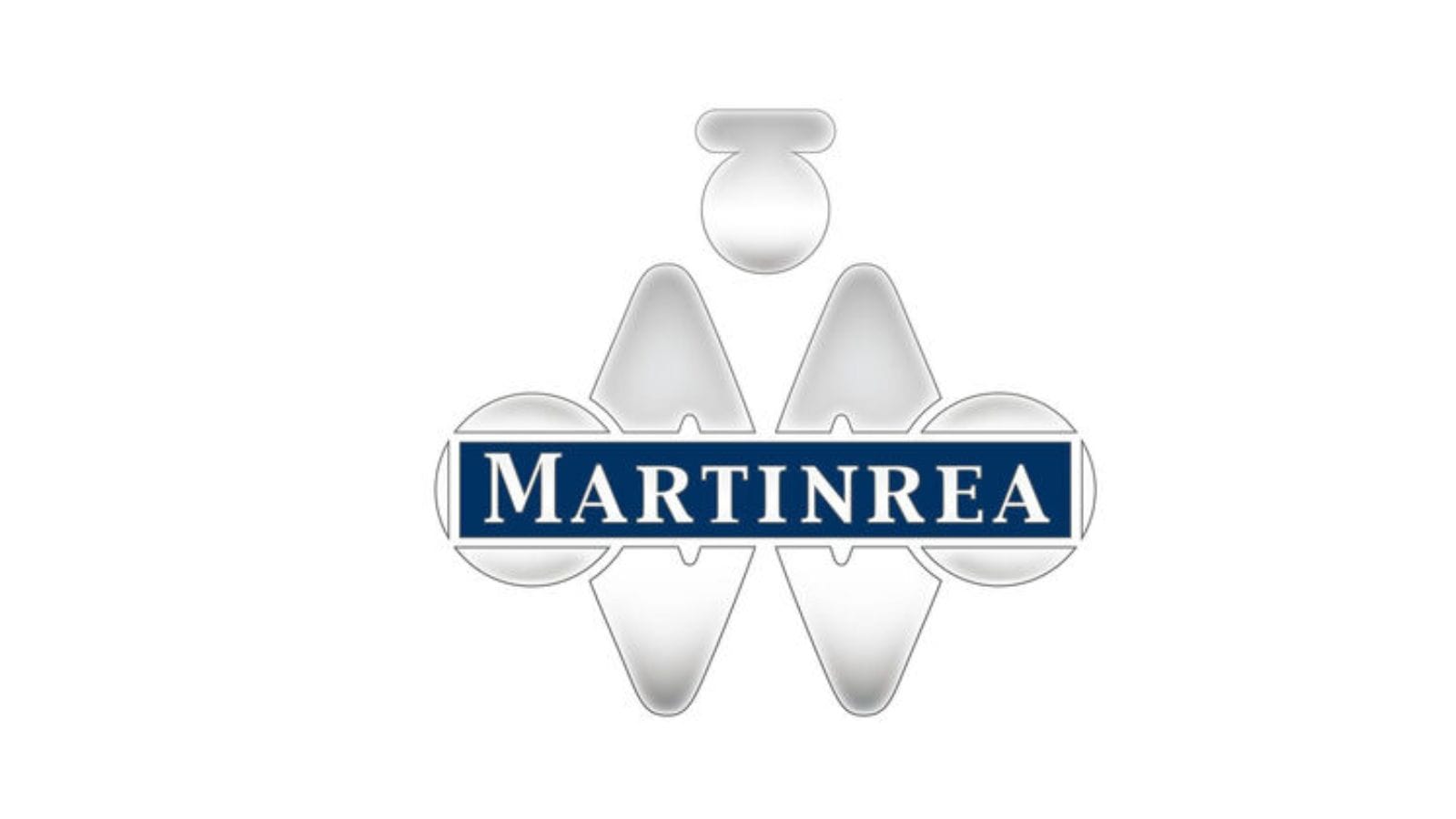
Martinrea International Inc., a Canadian auto parts manufacturer, reported a loss of $133.3 million in its fourth quarter, compared to earnings of $1.9 million a year earlier. The company’s sales totaled $1.2 million, down from $1.3 million during the fourth quarter of 2023. The net loss per share for the quarter ended Dec. 31 came to $1.82, compared with earnings of two cents per share a year earlier. CEO Pat D’Eramo noted that electric vehicle sales have been slow to ramp up, resulting in margin pressure across the automotive parts industry.
Laval Tool and Mould Ltd.

Laval Tool and Mould Ltd. is a Windsor, Ontario-based manufacturer that specializes in compression and injection molds for the automotive industry. It has been significantly impacted by the recent imposition of U.S. tariffs on Canadian imports as company operations, which involve the production of complex molds for various sectors, including automotive, military, and recreational vehicles, face increased costs due to tariffs. President Jonathon Azzopardi expressed concerns over the potential loss of U.S. customers, stating that the tariffs could force the company to “stomach” some of the additional costs to remain competitive.
Tube Caron
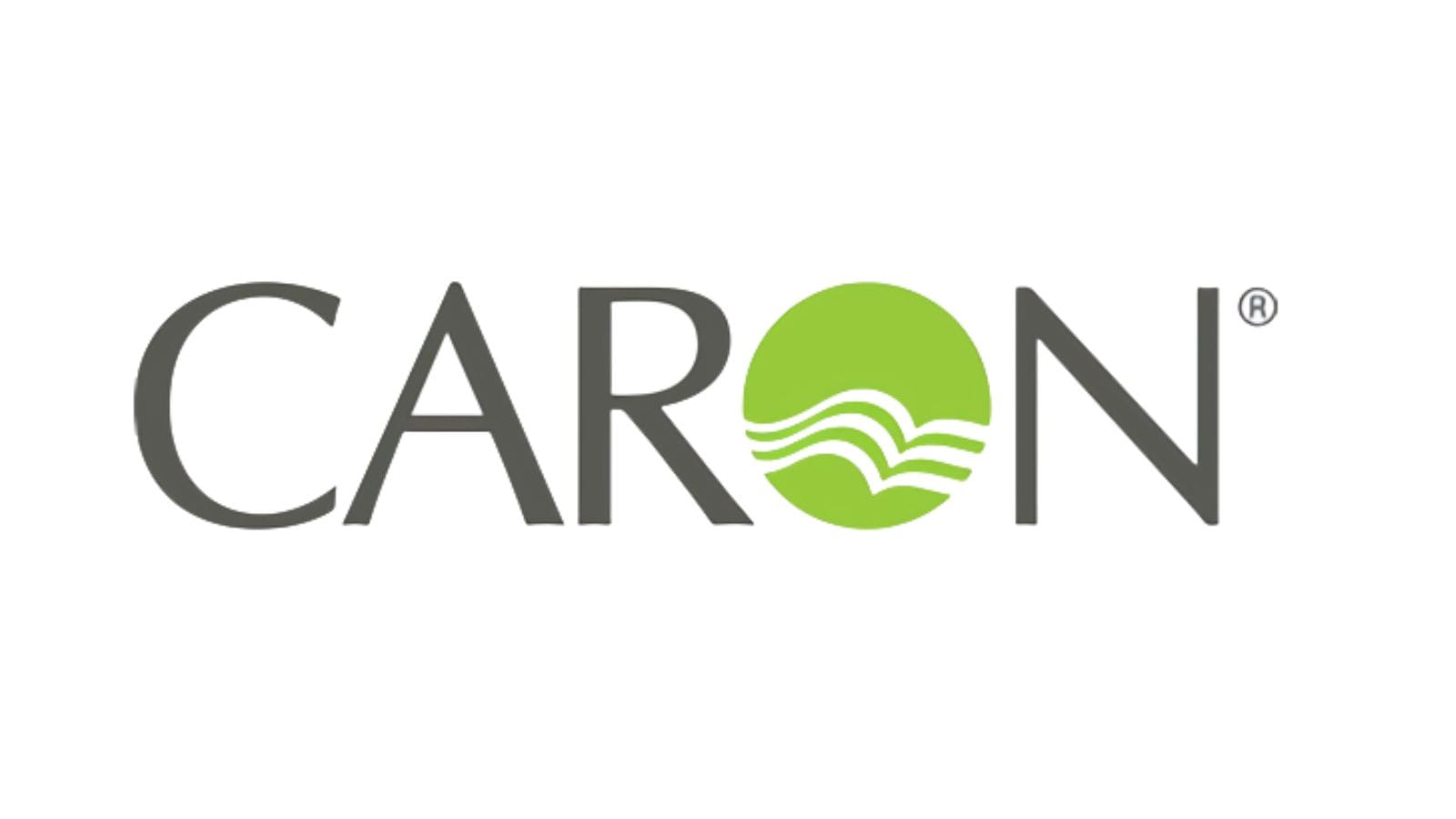
Tube Caron is a Quebec-based manufacturer that specializes in stainless steel and aluminum tubes for vehicle exhaust, cooling, and air intake systems. The manufacturer is confronting significant challenges due to the impending 25% U.S. tariffs on imported vehicles. General Manager Michèle Caron expressed concerns about potential order cancellations or delays from clients, stating, “We don’t know exactly how our clients’ clients will react. Will they put the orders on hold? Will they cancel the orders? Or will they buy anyway with the tariffs in place?” The company is facing a 25% counter-tariff from Canada on aluminum and steel tubes imported from the U.S., resulting in increased production costs.
Circle 5 Tool & Mold Inc.
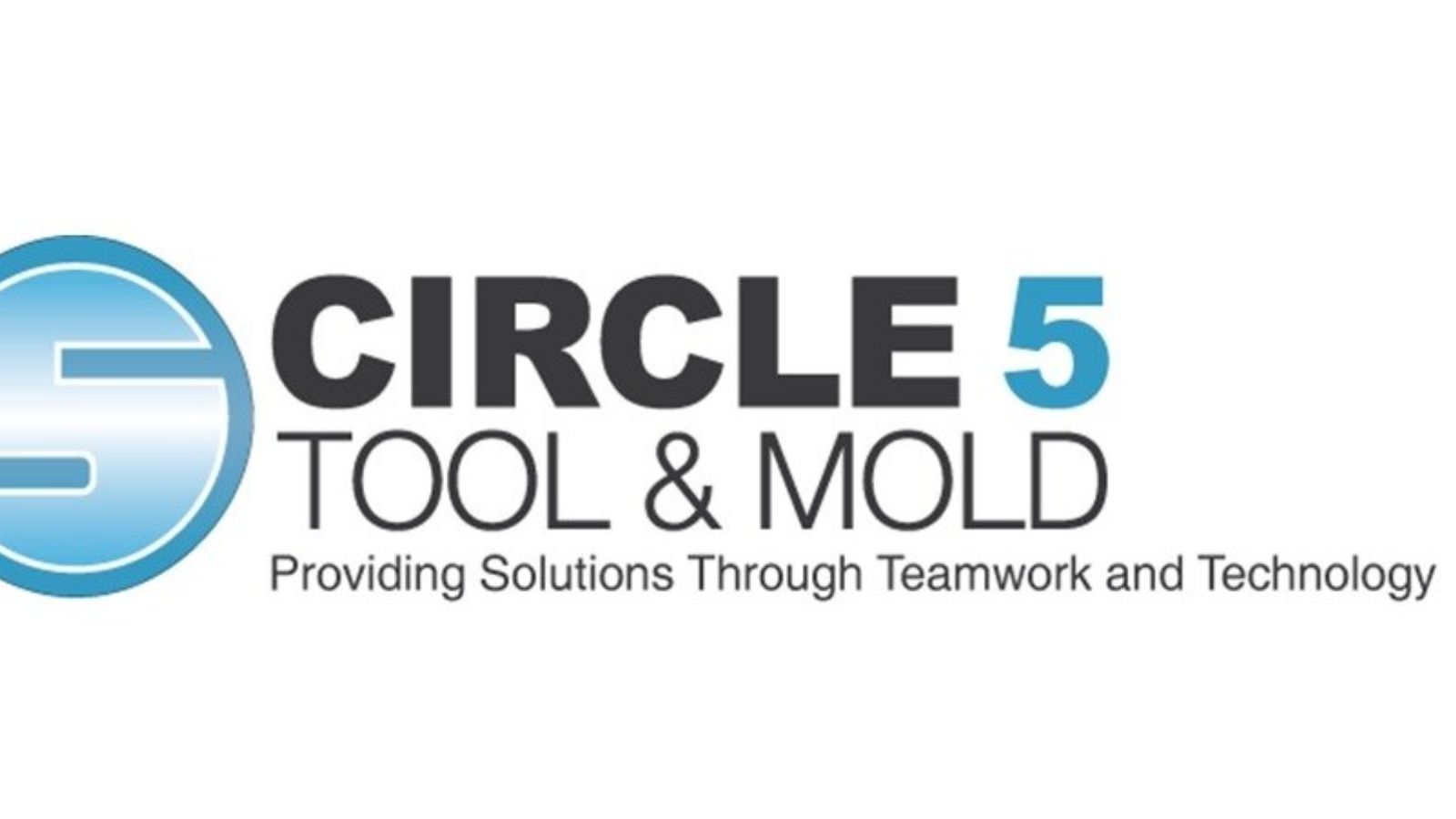
Circle 5 Tool & Mold Inc. is a Quebec-based manufacturer that specializes in high-precision molds for the automotive sector. It is facing significant challenges due to the recent imposition of 25% U.S. tariffs on Canadian imports, as the company’s reliance on cross-border trade for raw materials and finished products makes it particularly vulnerable. The tariffs have increased production costs and uncertainty in order fulfillment, as clients reassess their supply chains to mitigate tariff impacts, forcing Circle 5 to explore alternative sourcing strategies and consider potential price adjustments to remain competitive.
Multimatic Inc.
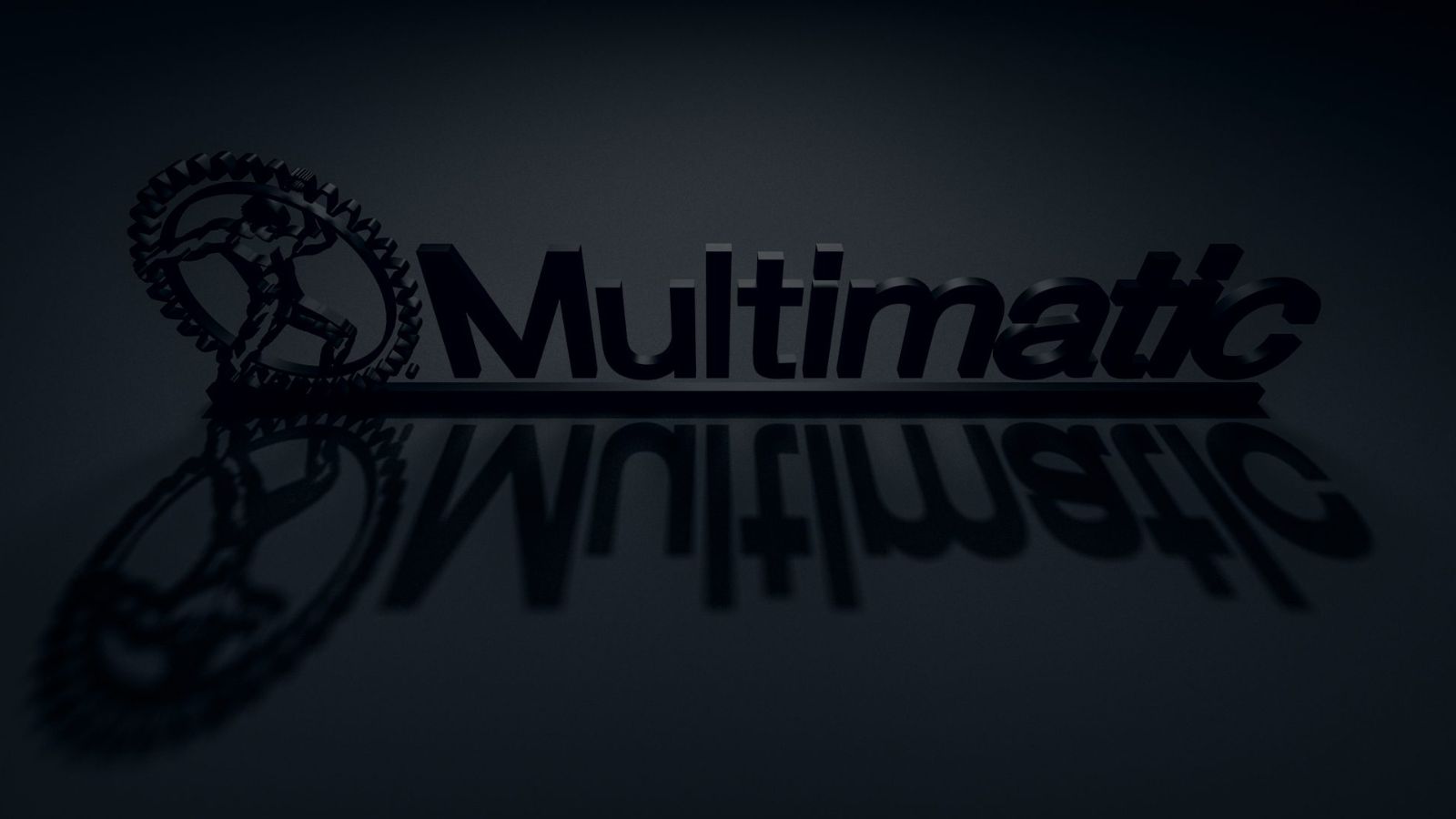
Multimatic Inc. is a Canadian automotive manufacturing and engineering company headquartered in Markham, Ontario. The company is experiencing significant challenges due to the recent imposition of 25% U.S. tariffs on Canadian imports, particularly because of the diverse operations, like the production of high-performance automotive components and systems, that are heavily reliant on cross-border supply chains. The tariffs have disrupted these supply chains and led to increased production costs and delays in manufacturing processes. According to a report by the Canadian Manufacturers & Exporters (CME), nearly 90% of Canadian manufacturers, including those in the automotive sector, are facing significant or very severe impacts due to the U.S. tariffs.
ABC Technologies
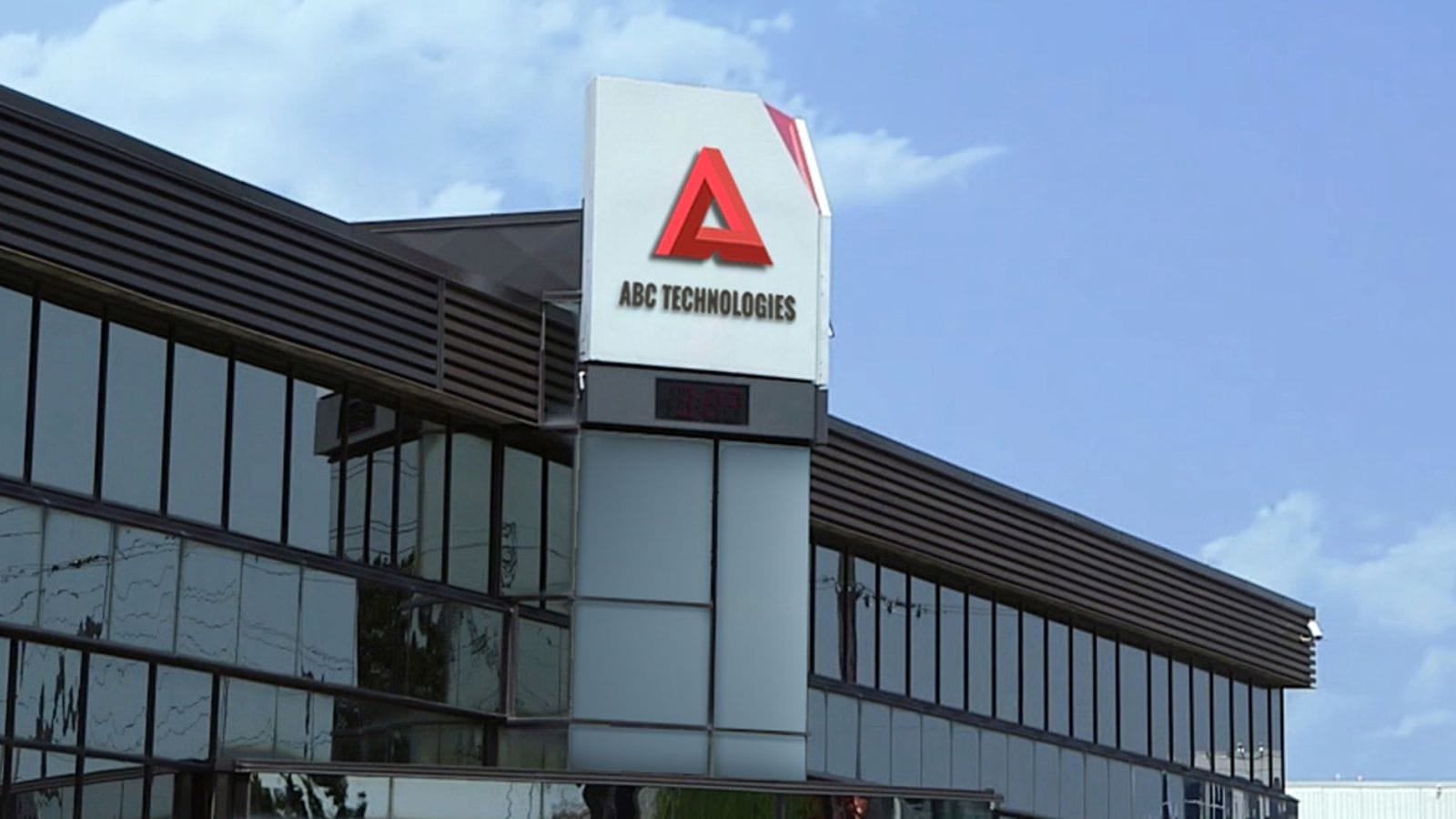
ABC Technologies is a prominent Canadian manufacturer that specializes in automotive systems. The company has faced heightened challenges since the imposition of tariffs on Canadian imports by the U.S., as its extensive operations in plastics and electronics for the automotive industry saw a sharp rise in production costs following the 25% tariffs on Canadian goods. This led to a substantial increase in the cost of raw materials, especially polymers and plastics, which are integral to the production of automotive parts. In response, ABC Technologies had to re-evaluate its pricing structures, with several clients citing concerns over increased costs as a result of the tariff imposition.
Stackpole International
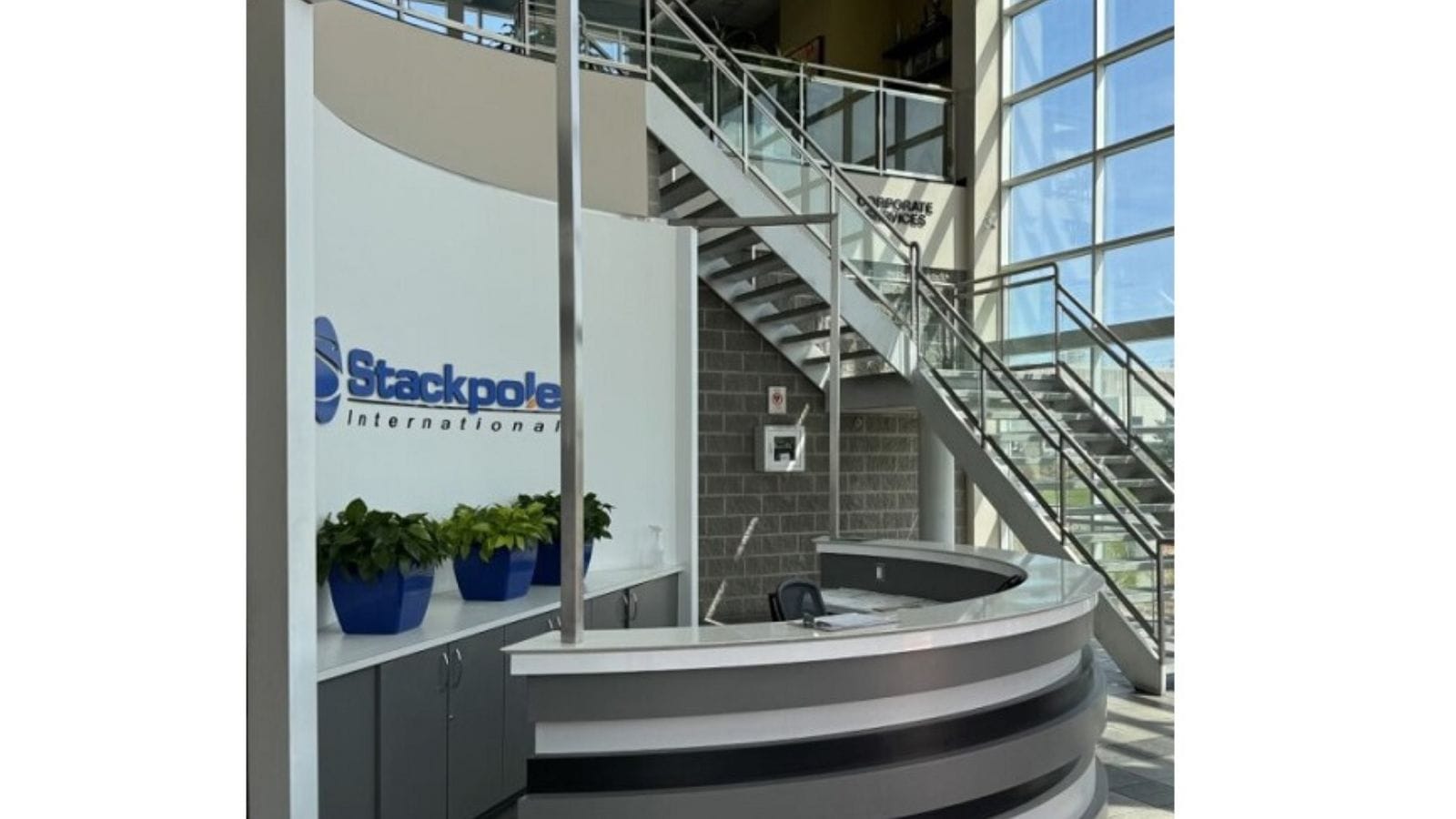
Stackpole International is a Canadian manufacturer that specializes in precision-engineered automotive components but has been deeply impacted by the 25% U.S. tariffs. The company manufactures powertrain components, including oil pumps and transmission systems, both of which are essential to the operation of modern vehicles. Due to the tariffs, Stackpole’s export costs to the U.S. have increased, causing their prices to rise and, in turn, making it harder to maintain competitiveness in the North American market. Stackpole’s sales in the U.S. have been hit, as many customers are now more cautious with their purchasing decisions due to the higher price points, especially in a market under inflationary pressure.
Woodbridge Group
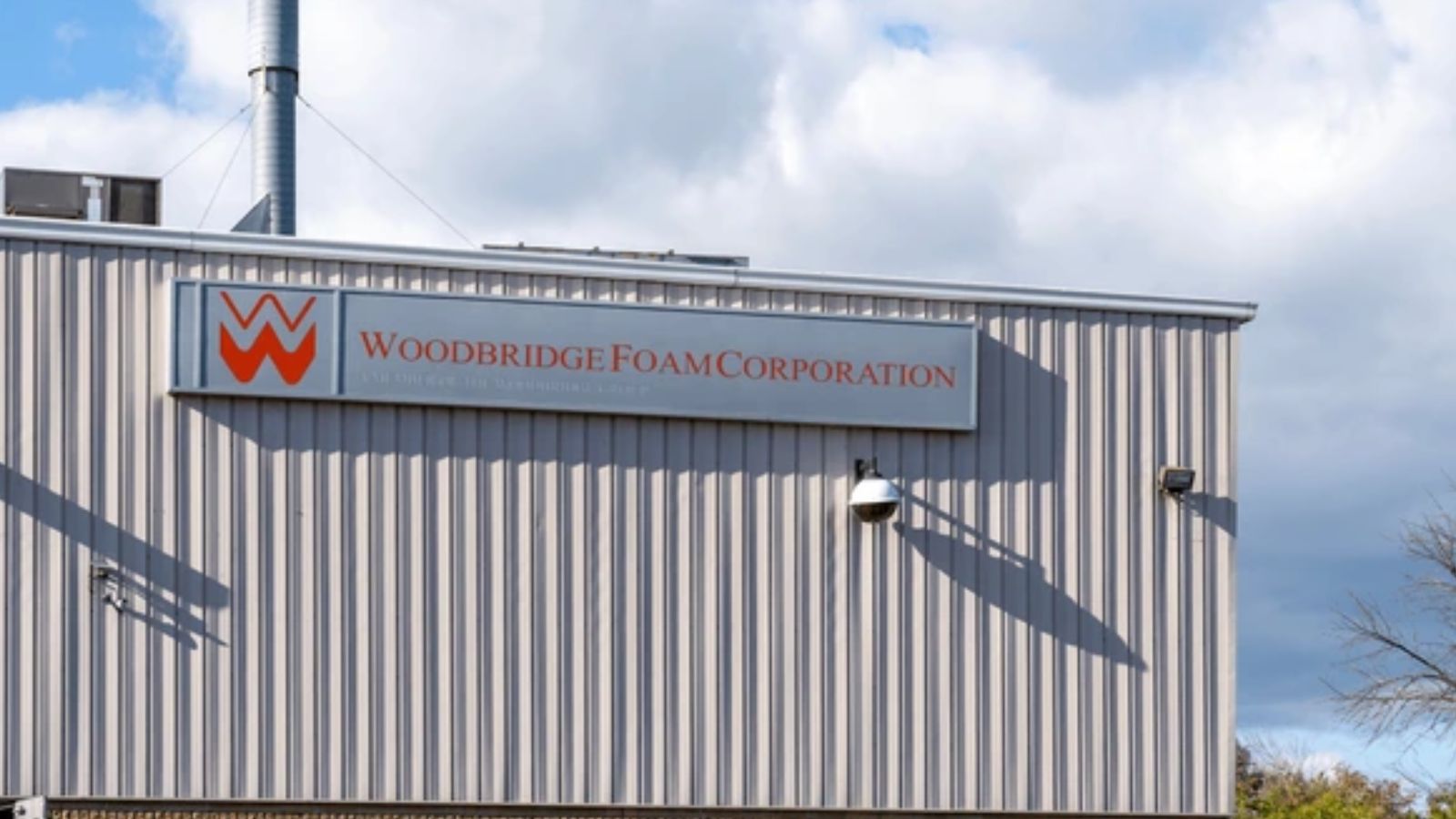
Woodbridge Group is a major player in the production of polyurethane foam products for automotive seating. However, it is facing substantial cost pressures due to the U.S. tariff on Canadian imports. The company imports large volumes of raw materials, particularly polyols —a key ingredient for polyurethane —which have become significantly more expensive due to the tariffs. This has resulted in Woodbridge Group facing difficult decisions regarding price hikes for its customers, which risks alienating its client base and losing market share to competitors that may be less affected by these tariffs.
ABC Group Inc.
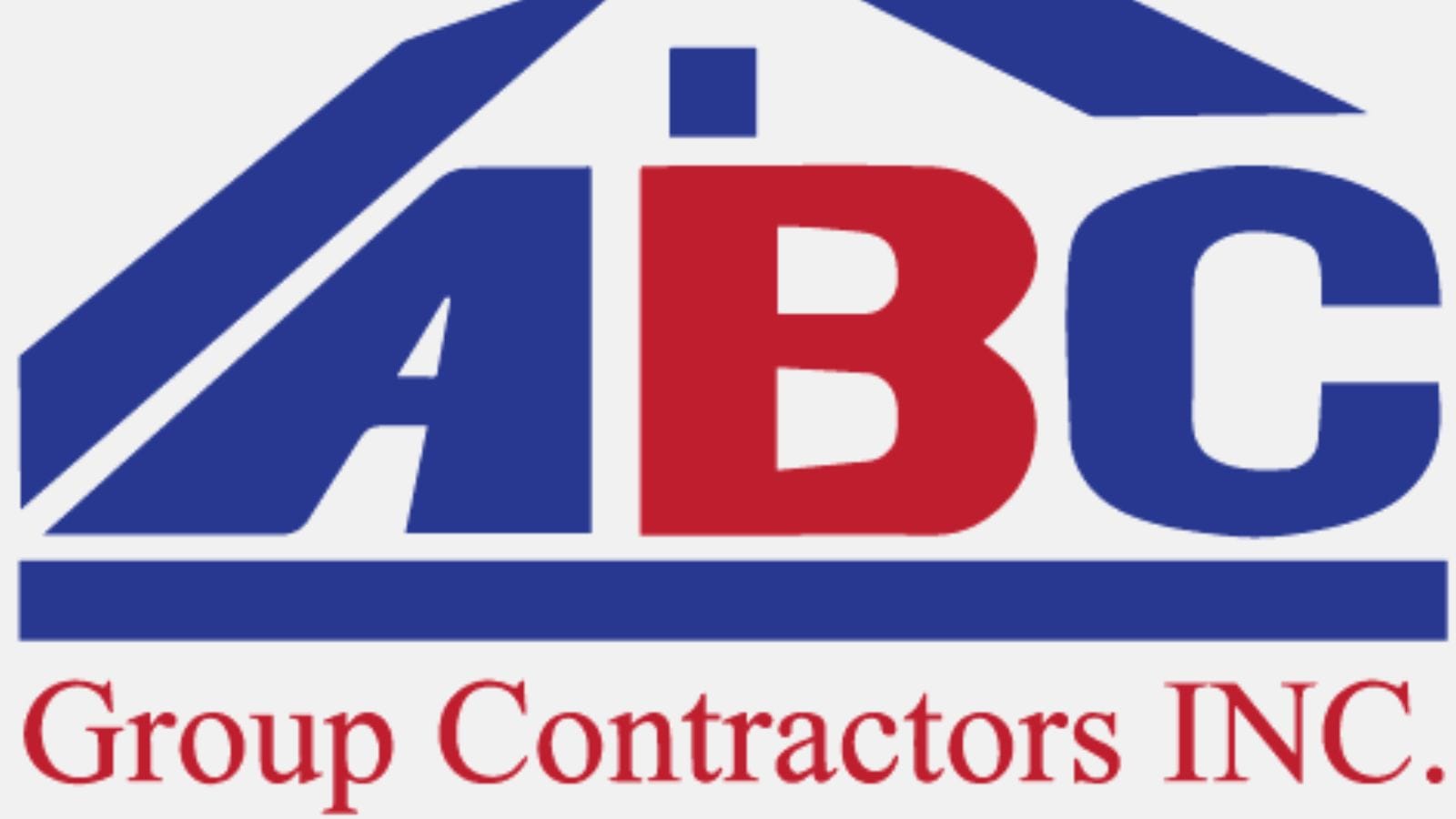
ABC Group Inc., founded in 1974, is a leading global automotive supplier specializing in the production of exterior and interior plastic components, including bumpers, fascias, and trim parts. With manufacturing facilities across North America, including the U.S., Canada, and Mexico, the company serves major automotive OEMs such as Ford, General Motors, and Stellantis. The recent imposition of a 25% tariff on Canadian imports by the U.S. has impacted ABC Group Inc.’s operations as manufacturing facilities in Canada, which produce key components for U.S.-bound vehicles, face increased production costs due to the tariffs.
Plasman Group
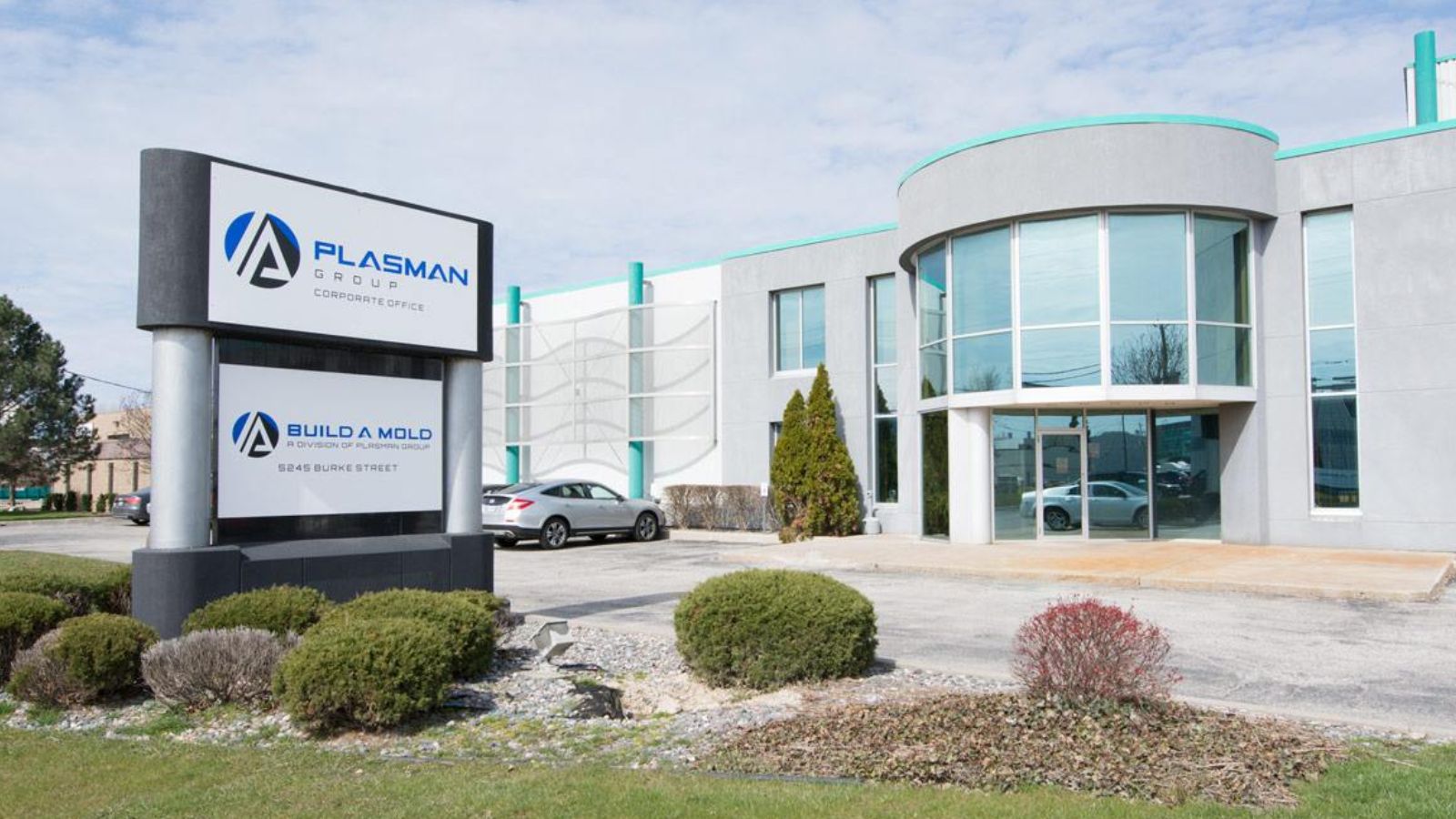
Plasman Group manufactures automotive exterior systems and parts and is also feeling the pinch of tariffs that have led to increased raw material and transportation costs. The U.S. tariffs on Canadian imports, particularly steel and aluminum, have substantially increased Plasman’s manufacturing costs. The reliance on these metals for the production of parts such as bumpers and other vehicle exteriors and the price surges that affect its bottom line has forced the company to either absorb the costs or pass them on to its customers. This dilemma has strained relationships with clients who are wary of rising prices in an uncertain economic climate.
Axiom Group Inc.
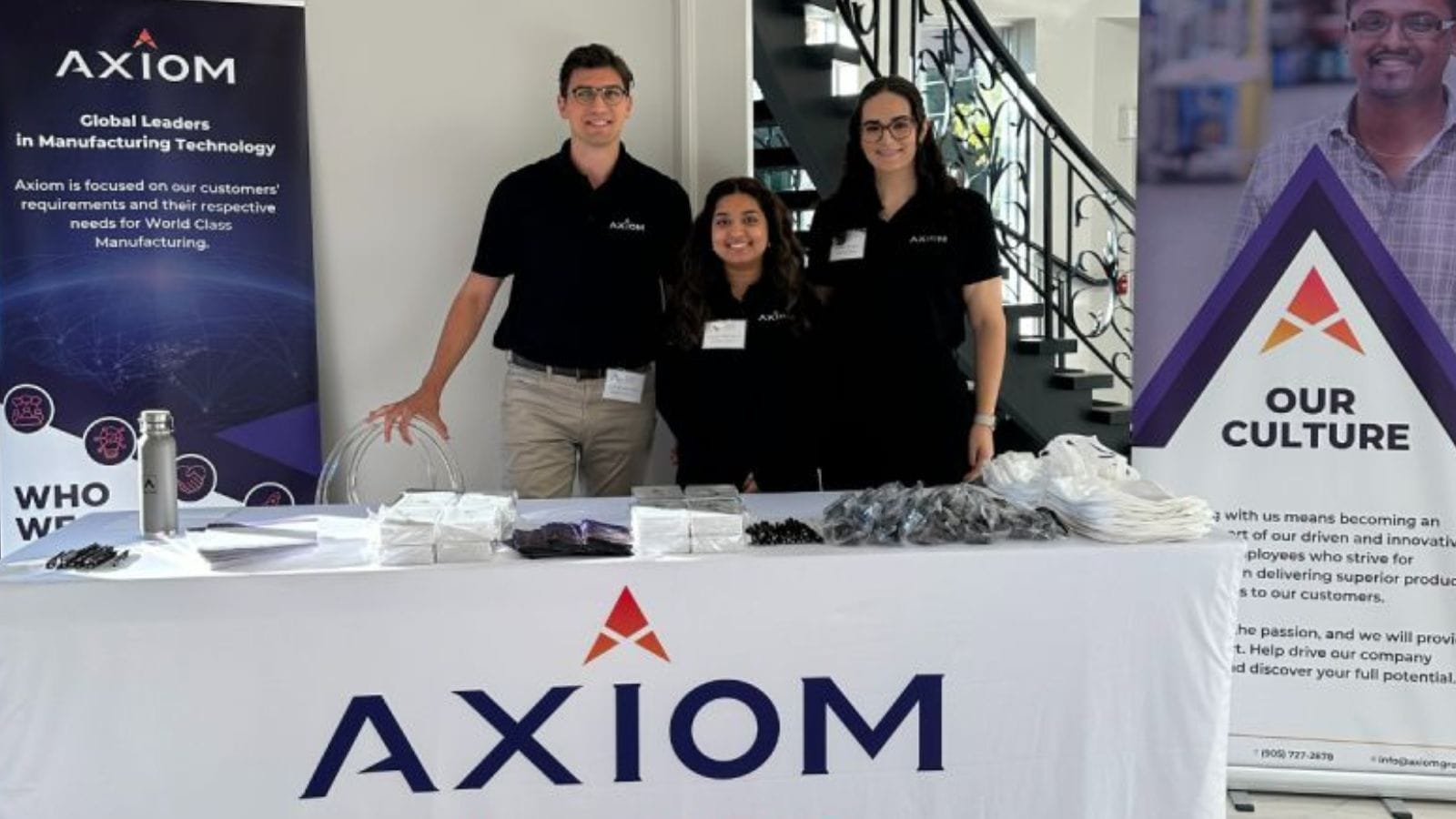
The increased price of plastics and resins has significantly impacted Axiom Group Inc. and its position as a leader in the production of plastic injection-molded automotive parts. The company is recognized for its sustainability efforts and its utilization of recycled materials to minimize both costs and environmental impact; however, it is facing escalating material costs due to tariffs and a decline in profit margins. Despite the strategic shift towards cost-effective production and innovation, the rise in logistics costs and raw material expenses due to tariffs has made it difficult for Axiom to maintain its competitive edge against non-tariffed manufacturers in other regions.
Exco Technologies Limited
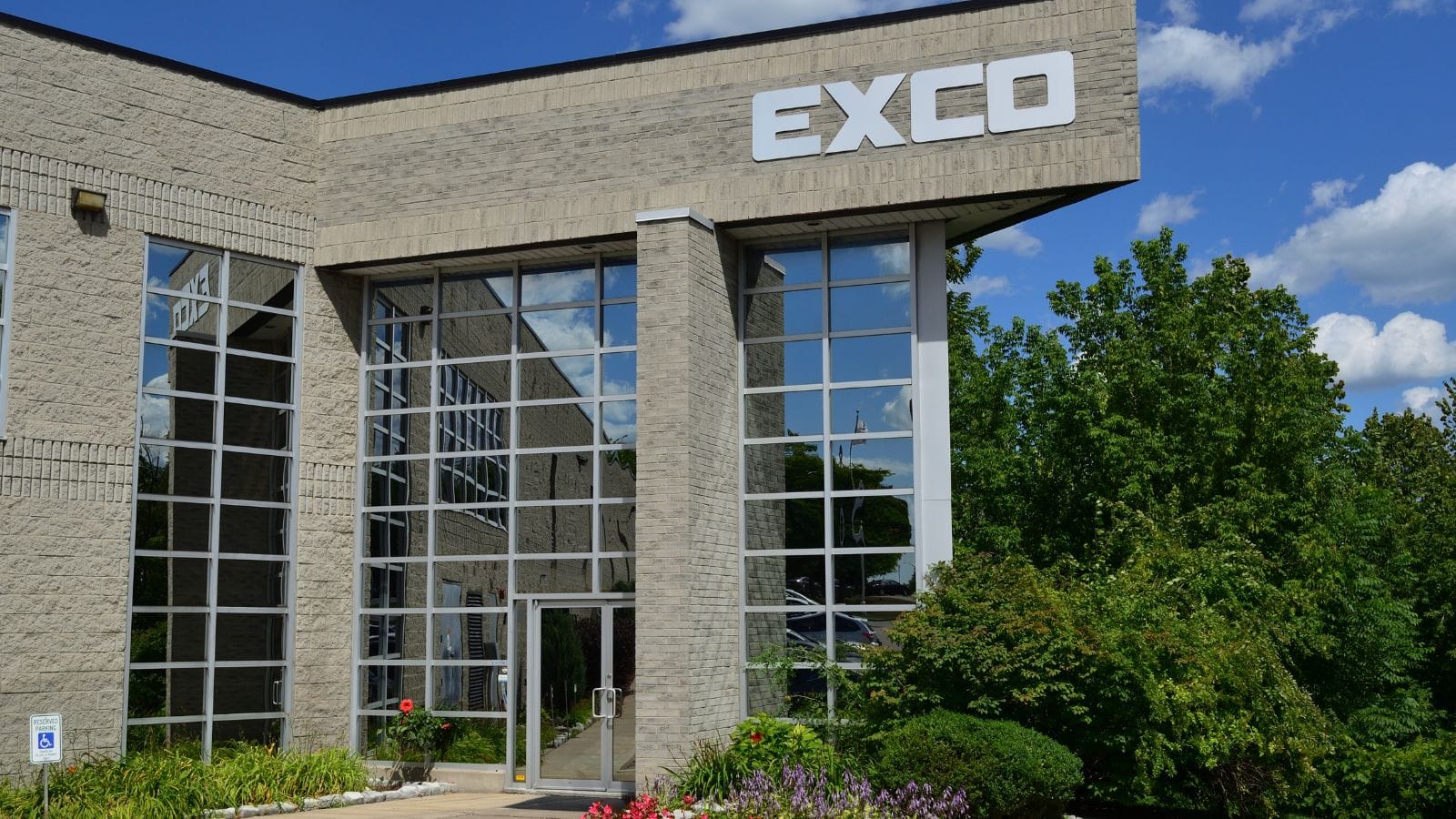
Exco Technologies Limited is a Canadian company specializing in the design, development, and production of dies, molds, and equipment for the die-cast, extrusion, and automotive industries. The company operates through two primary segments: Automotive Solutions and Die Cast & Extrusion. Exco’s operations are based in the Americas and Thailand, serving global automotive and other industries. The company’s manufacturing facilities in Canada, which produce key components for U.S.-bound vehicles, are facing increased production costs due to tariffs, prompting a reevaluation of sourcing strategies and production processes to mitigate the resulting financial strain.
Multimatic Inc.
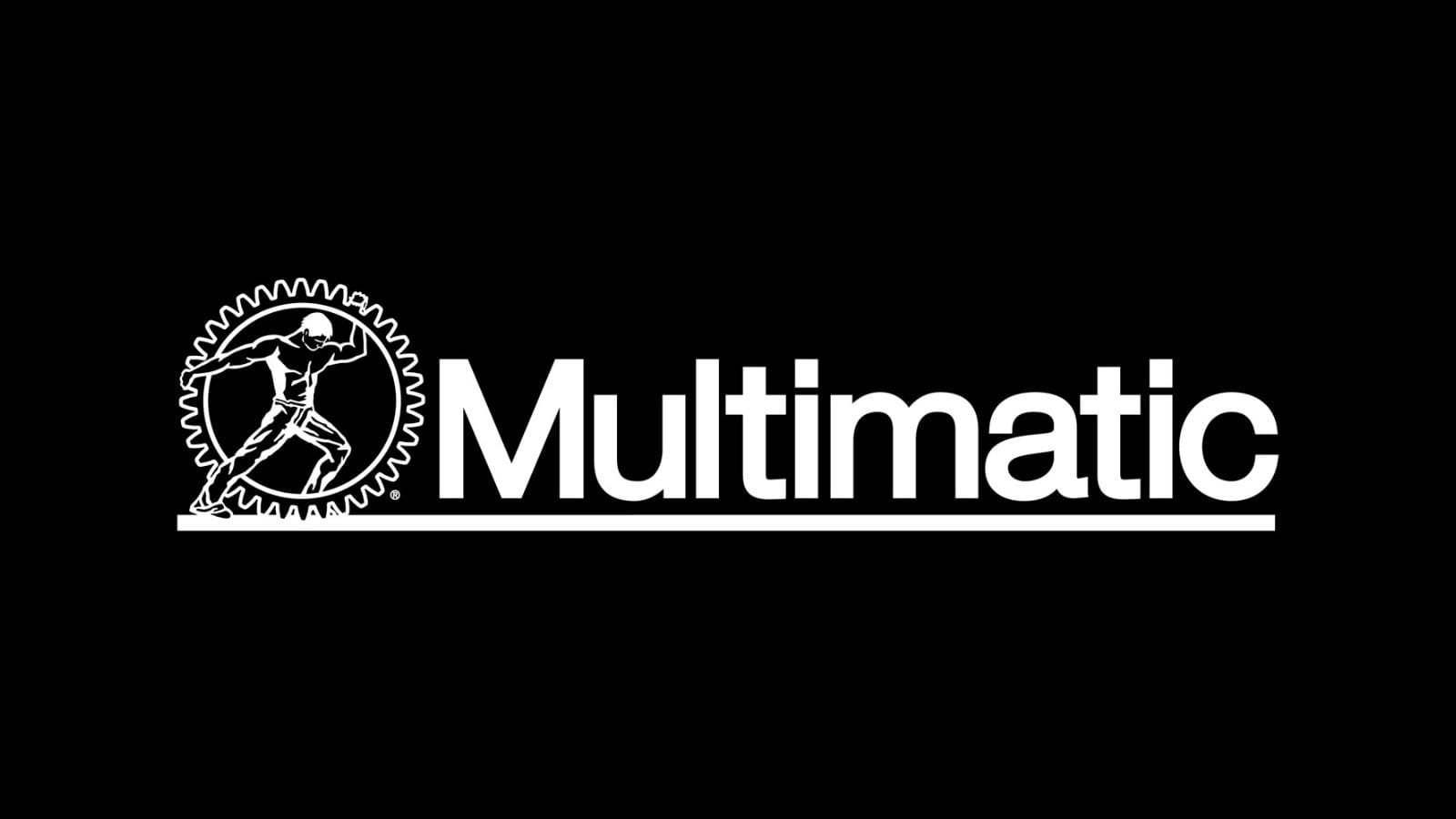
Multimatic Inc. is a Canadian automotive manufacturing and engineering company headquartered in Markham, Ontario, that is experiencing significant challenges due to the recent imposition of 25% U.S. tariffs on Canadian imports. The company’s diverse operations, which include the production of high-performance automotive components and systems, are heavily reliant on cross-border supply chains. The tariffs have disrupted these supply chains, leading to increased production costs and delays in manufacturing processes. However, despite the current challenges, Multimatic remains a key player in the automotive industry, as its commitment to excellence and adaptability positions it to navigate the complexities of the evolving trade landscape.
Cosma International
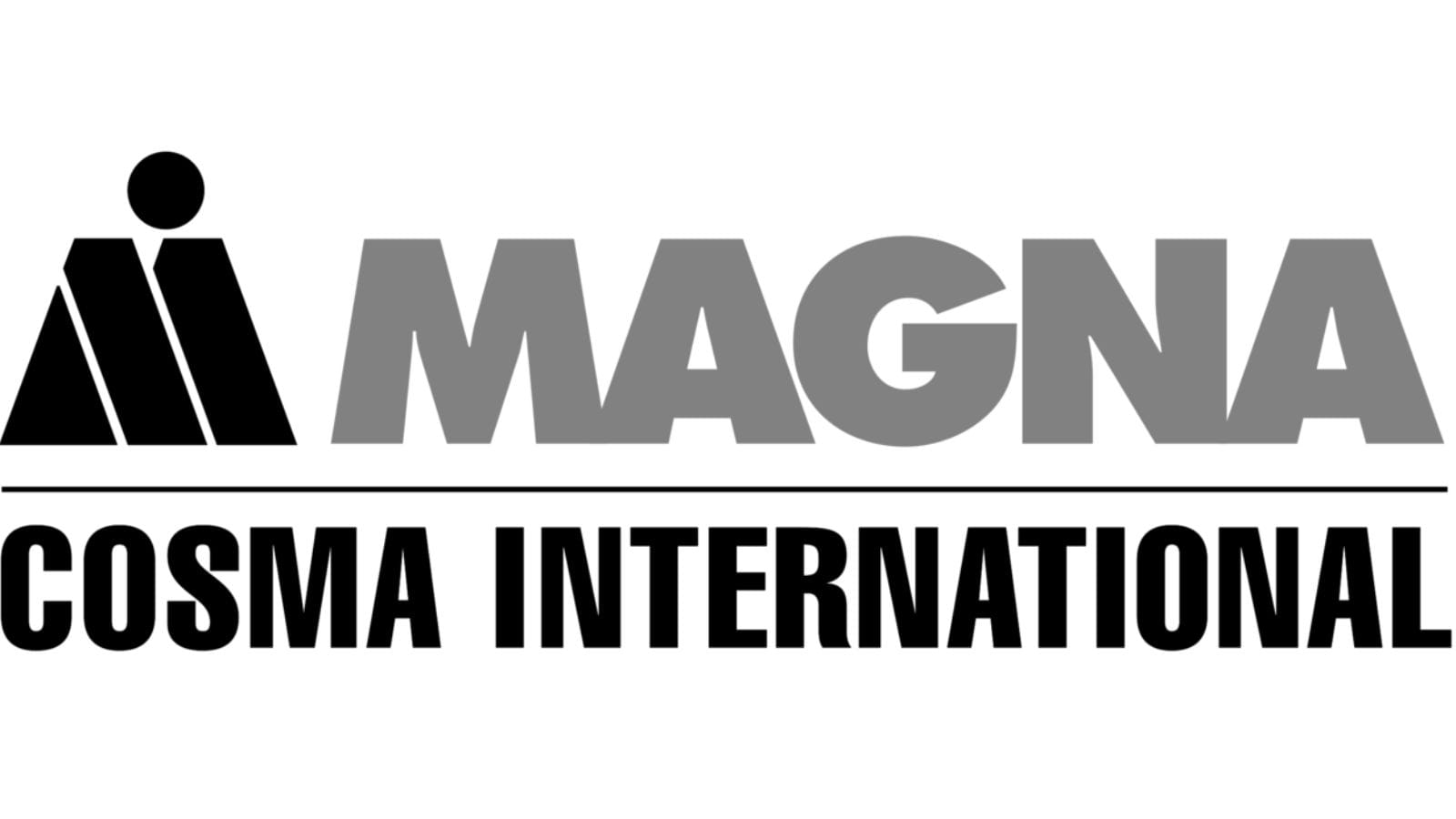
Cosma International is a division of Magna International that specializes in producing body, chassis, and engineering solutions for the automotive industry. The recent imposition of 25% U.S. tariffs on Canadian imports has significantly impacted Cosma’s operations, particularly since it relies on cross-border supply chains to source raw materials and components from the U.S. for its manufacturing processes in Canada. These tariffs have led to increased costs for raw materials, particularly steel and aluminum, which are essential for vehicle manufacturing.
Narmco Group
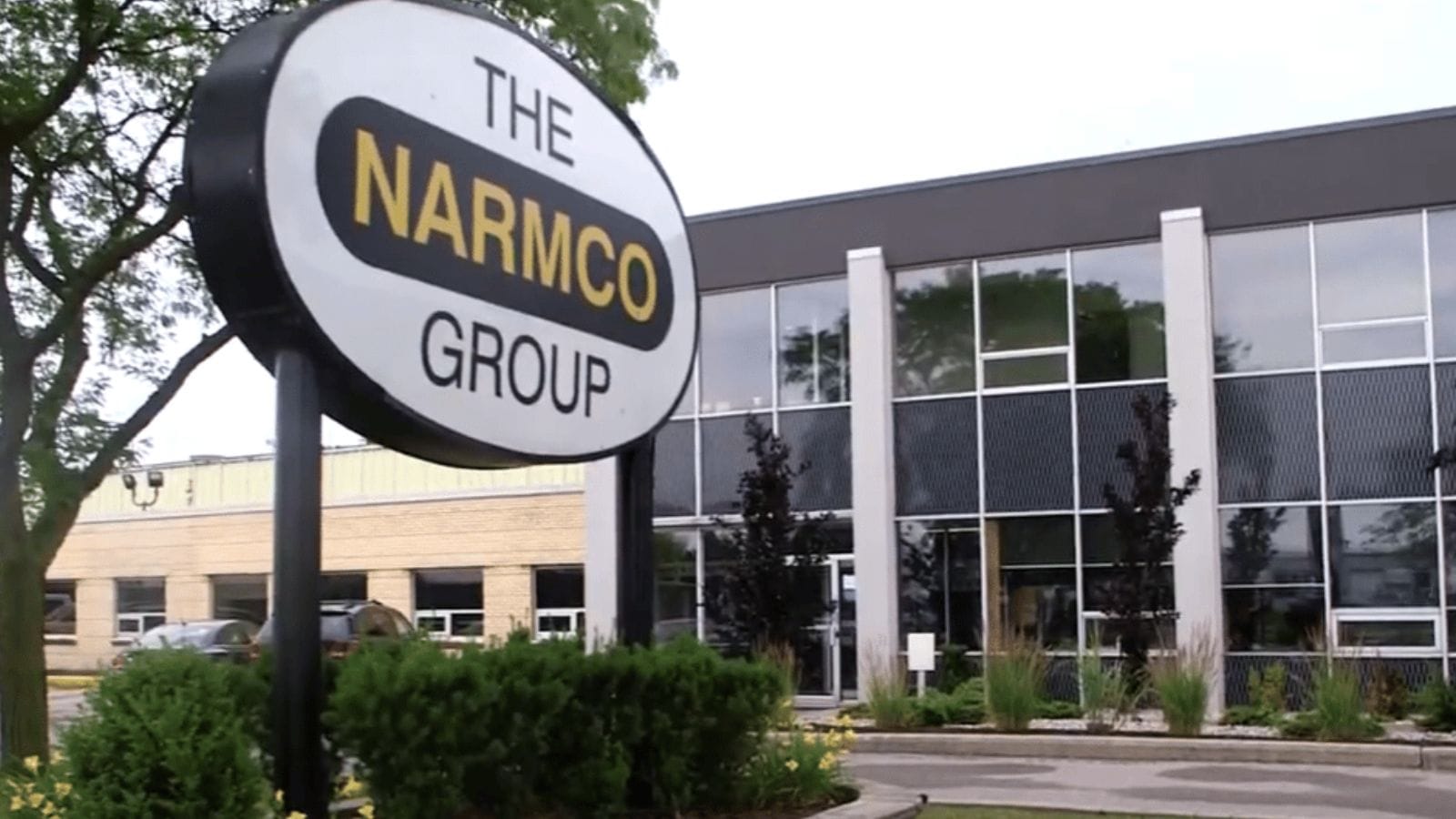
Narmco Group is a Windsor-based manufacturer specializing in automotive stamping, roll forming, and modular assemblies, which has also been under pressure due to recent U.S. tariffs on Canadian imports. The company supplies parts to major OEMs like Ford, General Motors, and Stellantis, but has felt the impact of the 25% tariffs that have been imposed on steel and aluminum, as they raise production costs and impact the profitability of Narmco’s operations. The company is focused on maintaining competitive pricing in a challenging market; however, increased costs are forcing it to reconsider its sourcing strategies, production efficiency, and even potential relocations of specific manufacturing processes to the U.S. in the future to avoid tariffs.
Denso Manufacturing Canada Inc.
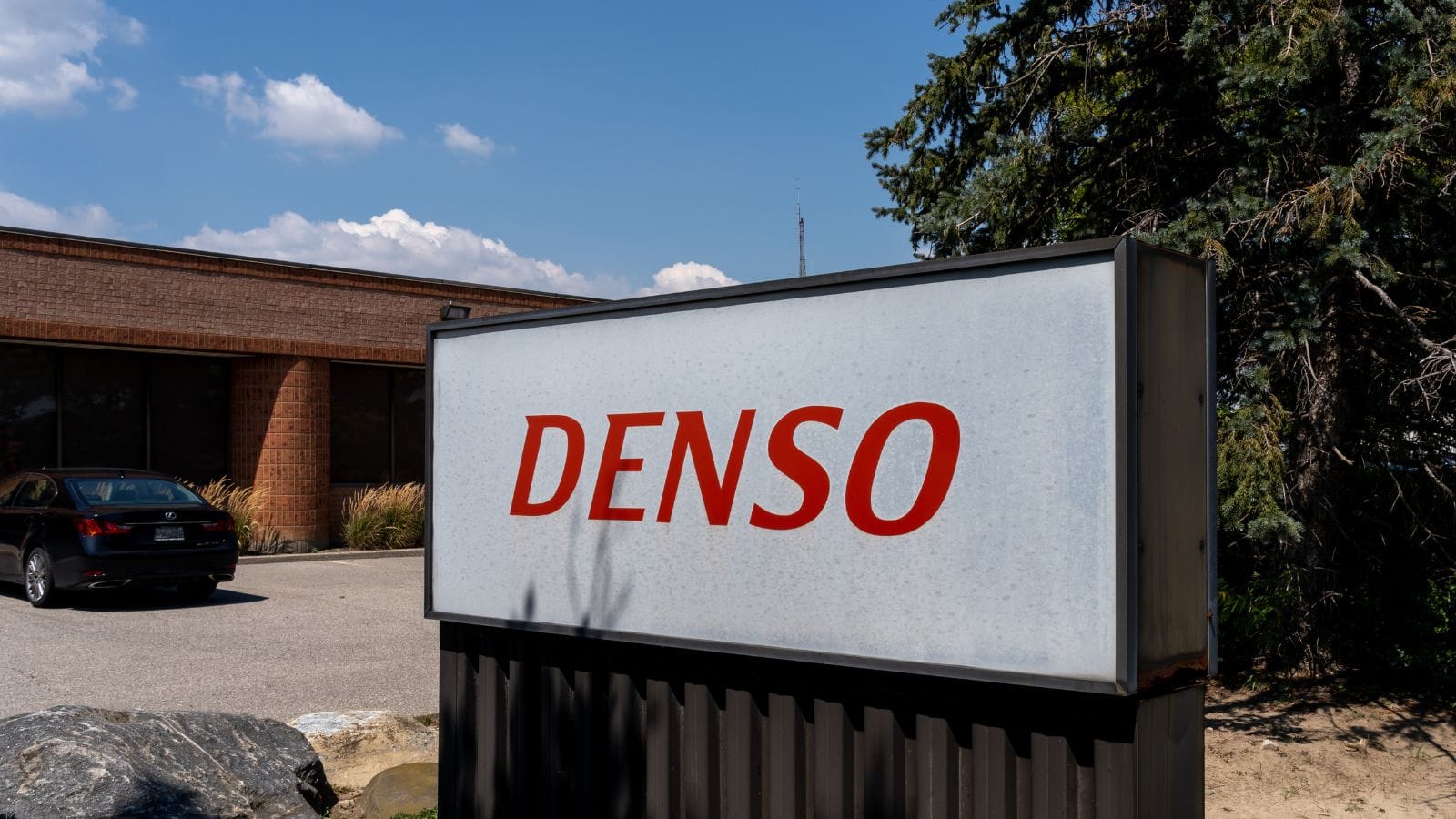
Denso Manufacturing Canada Inc., a subsidiary of the world’s second-largest auto parts maker, is proactively addressing the challenges posed by the 25% U.S. tariffs on imports from Canada. Financial Officer Yasushi Matsui emphasized the company’s strategy to manage increased costs through price negotiations with customers, rather than absorbing the entire burden within the supply chain. This approach reflects Denso’s commitment to maintaining stability amid trade uncertainties, as it anticipates that a weaker Mexican peso and potential U.S. corporate tax cuts could offset some of the adverse effects of the tariffs.
Husky Injection Molding Systems Ltd.
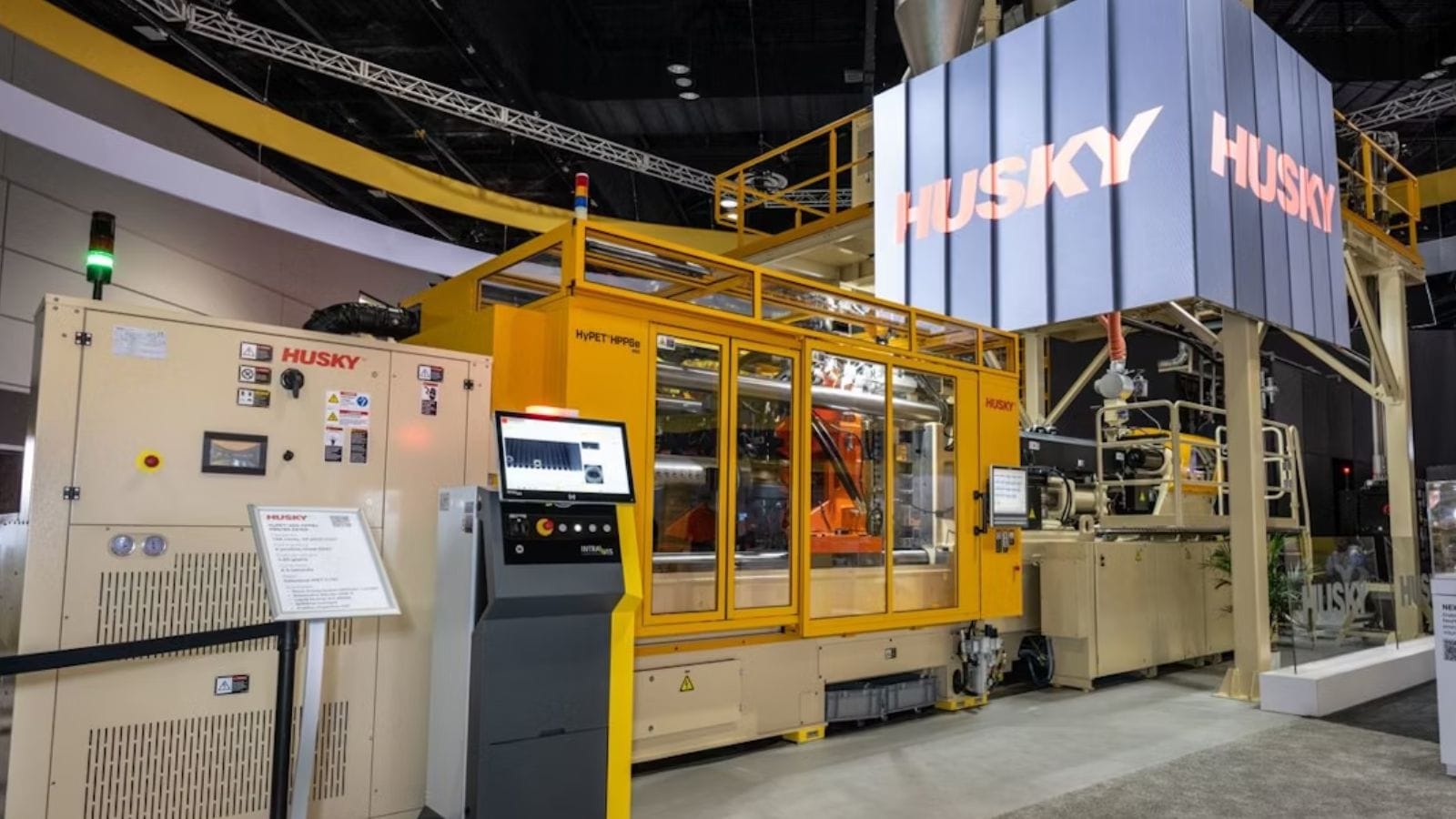
Husky Injection Molding Systems Ltd. is a prominent Canadian manufacturer of injection molding equipment, engaging in legal strategies to protect its market position amid increasing global competition and tariff-induced challenges. In December 2024, the U.S. International Trade Commission initiated an investigation based on Husky’s complaint alleging patent infringements related to injection molding machines. This move signifies Husky’s commitment to protecting its intellectual property and maintaining its market share. The company also faces threats from high competition, fluctuating raw material prices, and stringent government regulations, all of which are exacerbated by the current trade environment.
Wescast Industries Inc.
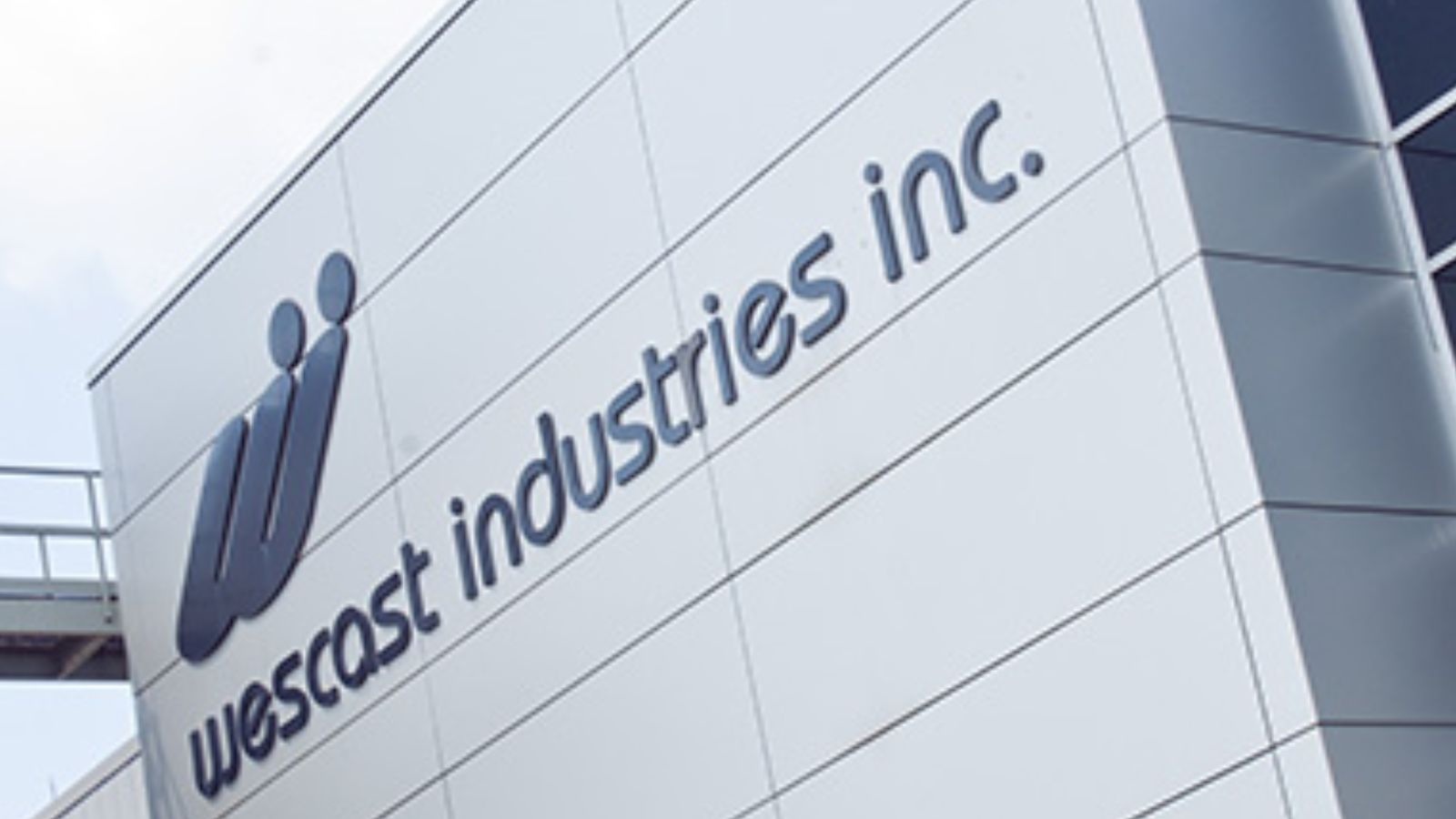
Wescast Industries Inc. is a leading Canadian manufacturer of exhaust manifolds, contending with intensified pricing pressures in the global automotive industry. The company has entered into supply agreements that include price concessions, which have offset cost reductions through product and process improvements. However, the current competitive environment, compounded by U.S. tariffs on Canadian imports, has made it increasingly difficult to maintain profit margins. As the automotive industry continues to evolve, Wescast must adapt to these challenges to sustain its operations and profitability.
18 Budget-Friendly Electric Cars That Last Longer Than Their Loans — Economical Electrics
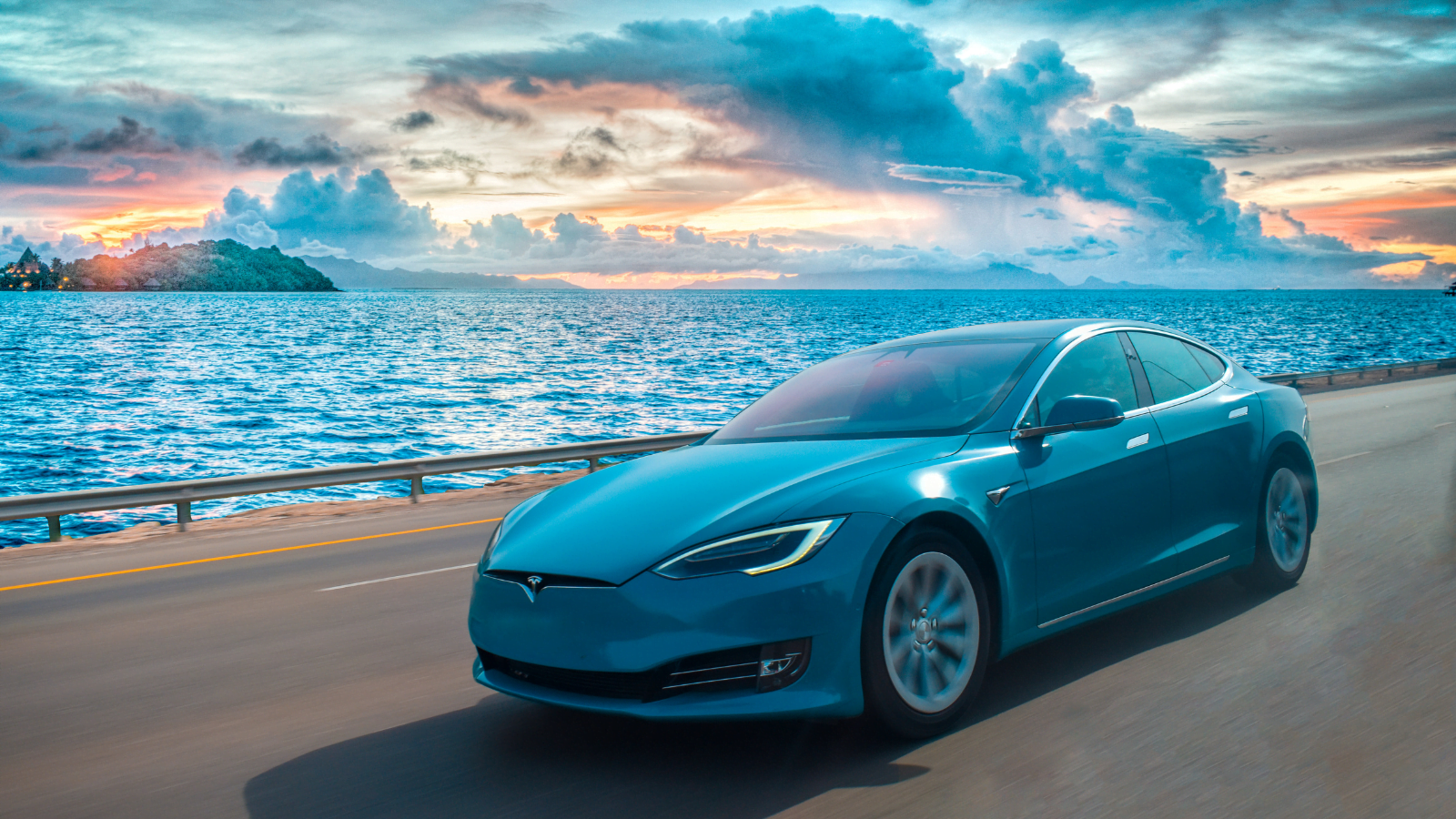
Electric vehicles are no longer a luxury for the elite—they’re a smart investment for the everyday driver. With manufacturers stepping up to the plate, affordable EVs now deliver on reliability, range, and modern comforts. Here’s a look at 18 economical electric cars engineered to outlast their payment plans.
18 Budget-Friendly Electric Cars That Last Longer Than Their Loans — Economical Electrics
